A new research paper was published in Aging (Aging-US) on March 29, 2025, as the cover of Volume 17, Issue 3, titled “Differential senolytic inhibition of normal versus Aβ-associated cholinesterases: implications in aging and Alzheimer’s disease.”
Aging (Aging-US) Authors
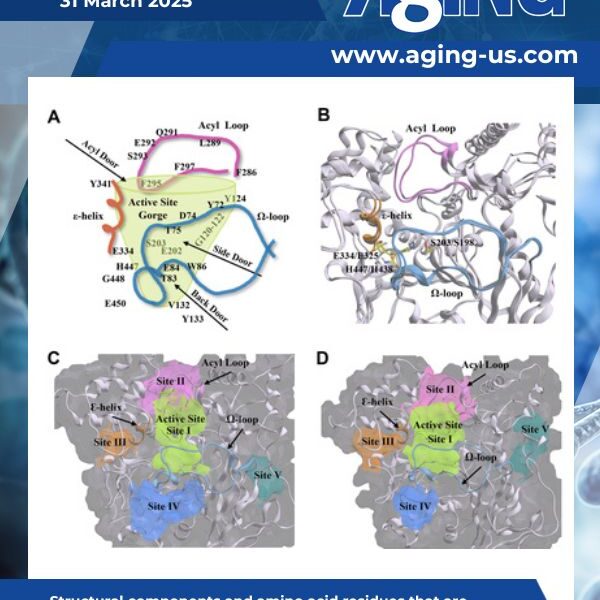
Cellular senescence is a hallmark of aging and the age-related condition, Alzheimer’s disease (AD). How senescence contributes to cholinergic and neuropathologic changes in AD remains uncertain. Furthermore, little is known about the relationship between senescence and cholinesterases (ChEs).
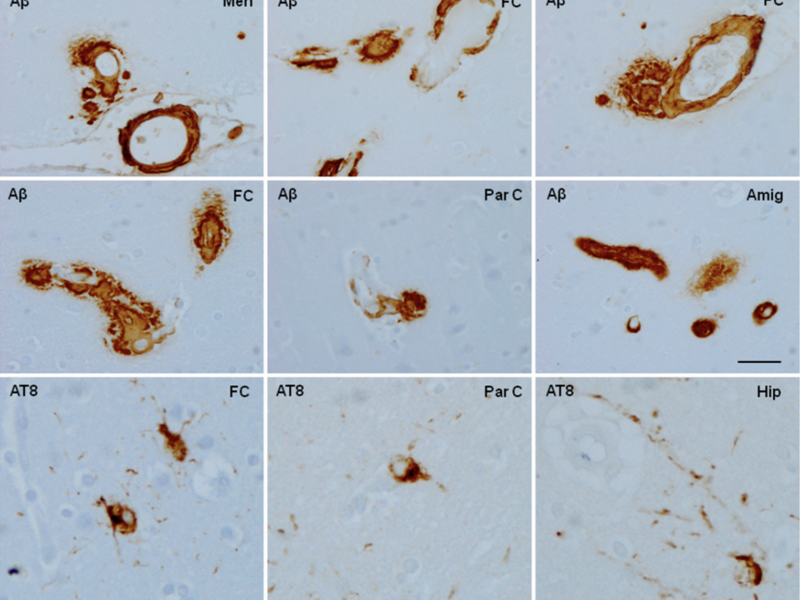
A new review was published in Aging (listed by MEDLINE/PubMed as “Aging (Albany NY)” and “Aging-US” by Web of Science), on October 29, 2024, Volume 16, Issue 20, titled, ”Brain aging and Alzheimer’s disease, a perspective from non-human primates.“

PRESS RELEASE: A new editorial paper was published in Aging’s Volume 15, Issue 12, entitled, “Advancing screening for cognitive impairment: the memtrax continuous recognition test.”
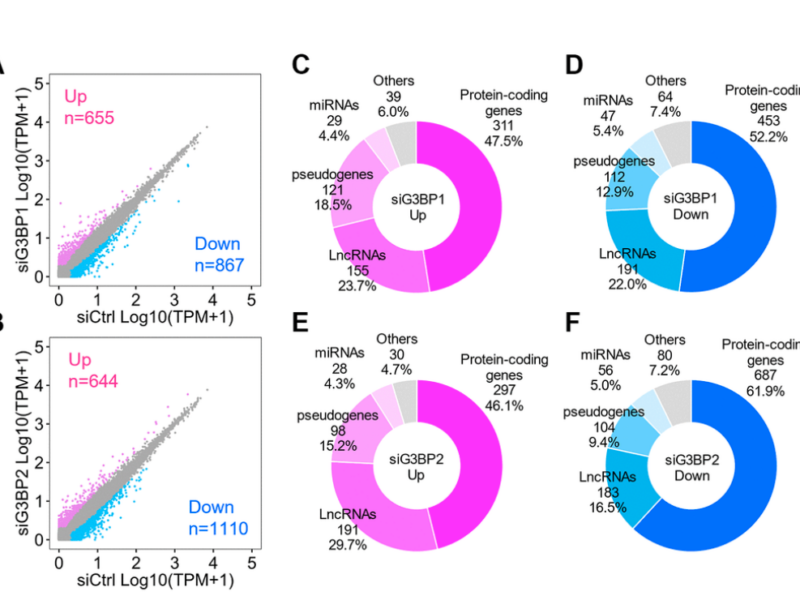
PRESS RELEASE: A new research paper was published on the cover of Aging’s Volume 15, Issue 10, entitled, “Stress granules sequester Alzheimer’s disease-associated gene transcripts and regulate disease-related neuronal proteostasis.”
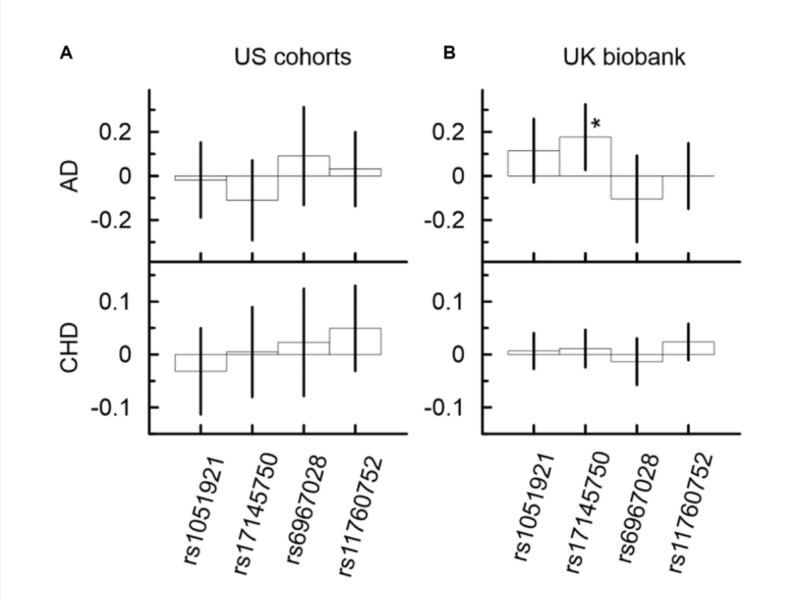
PRESS RELEASE: A new research paper was published in Aging’s Volume 15, Issue 9, entitled, “Exogenous exposures shape genetic predisposition to lipids, Alzheimer’s, and coronary heart disease in the MLXIPL gene locus.”
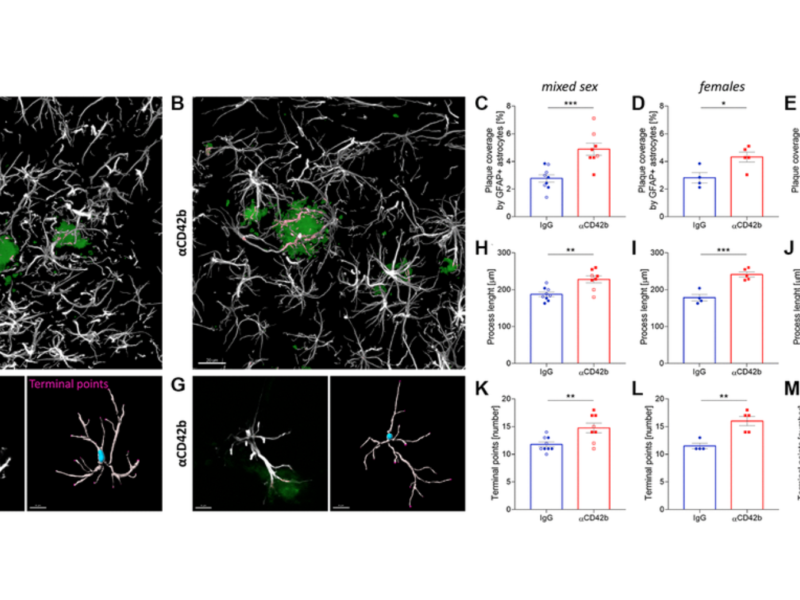
PRESS RELEASE: A new research paper was published on the cover of Aging’s Volume 15, Issue 3, entitled, “Immune-mediated platelet depletion augments Alzheimer’s disease neuropathological hallmarks in APP-PS1 mice.”
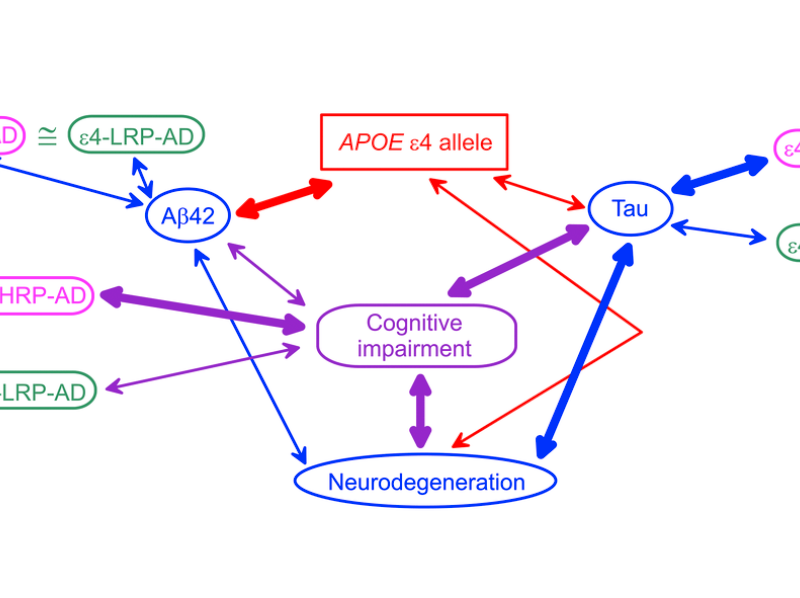
PRESS RELEASE: A new research paper was published on the cover of Aging’s Volume 14, Issue 24, entitled, “Associations of the APOE ε2 and ε4 alleles and polygenic profiles comprising APOE-TOMM40-APOC1 variants with Alzheimer’s disease biomarkers.”
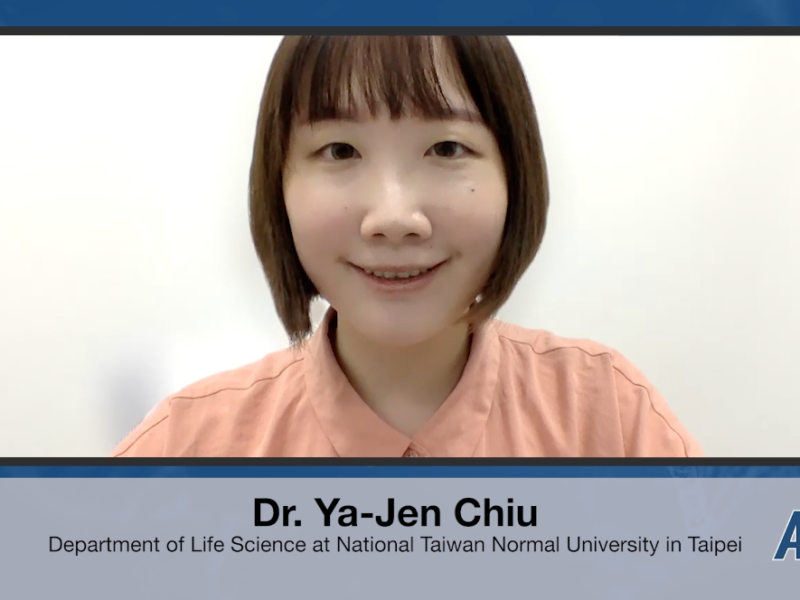
Dr. Ya-Jen Chiu discusses a research paper she co-authored that was published by Aging (Aging-US) in Volume 14, Issue 18, entitled, “Novel TRKB agonists activate TRKB and downstream ERK and AKT signaling to protect Aβ-GFP SH-SY5Y cells against Aβ toxicity.”

PRESS RELEASE: A new research paper was published on the cover of Aging’s Volume 14, Issue 17, entitled, “Extracellular microRNA and cognitive function in a prospective cohort of older men: The Veterans Affairs Normative Aging Study.”